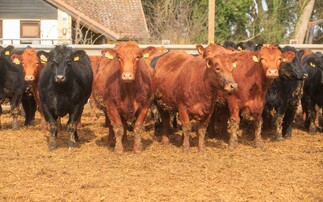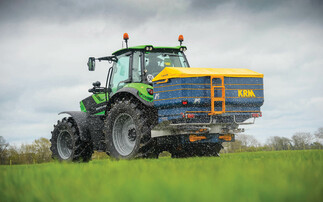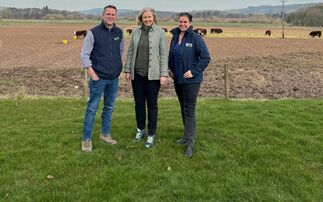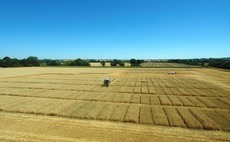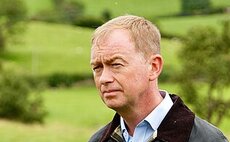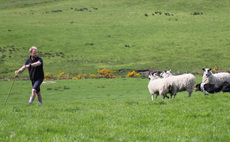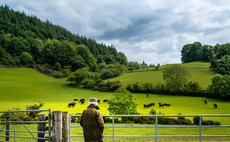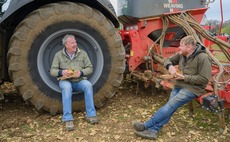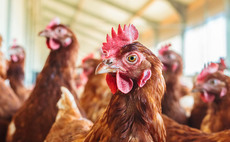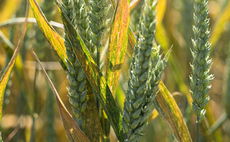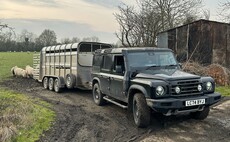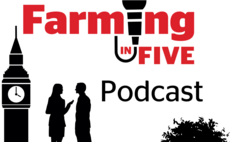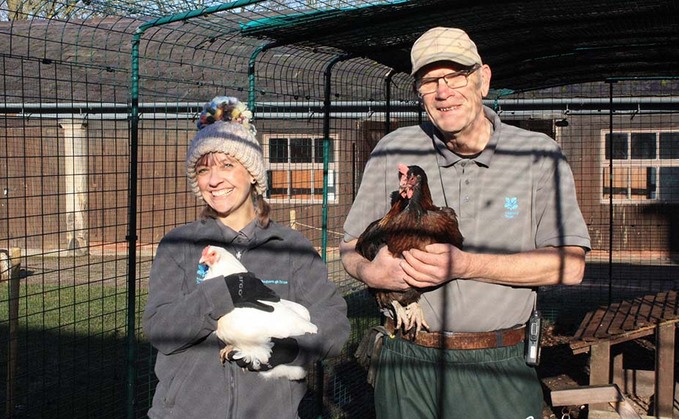
This month, Hannah Park and Emily Ashworth look at the skills which are vital to rural livelihoods.
IT is a unique time to be in the farming industry. Things are certainly set to change and while the sector will embrace new skills, moving forwards with technology and more mechanised systems, we will also hold on to those traditional skills which have been a foundation in rural communities for centuries.
In this month’s #FarmingCAN feature, Farmers Guardian looks at farmers such as Isaac Benson, who is using his skills around the art of drystone walling to educate and teach others about this historic rural pastime.
Then there are, of course, the ever impressive attributes of sheepdog handlers and on one Welsh hill farm, traditional gathering skills are essential. We, as an industry, will continue to champion all of the above – and
more – to ensure the preservation of skills that have, and always will be, of great importance to us
FARM SHOWCASES TRADITIONAL SKILLS TO PUBLIC
LIVESTOCK and rural skills passed down through generations remain a cornerstone to maintaining working
landscapes across the country. And for Isaac and Kerrie Benson, who opened a farm visitor centre at Lakeland Farm in the Lake District at Ings, Cumbria, two years ago, communicating the story of heritage is a major focal point. With activities from drystone walling, wool spinning and a livestock auction exhibit, plus demonstrations
on sheepdogs, shearing and ‘where your food comes from’, Mr Benson explains that offering an experience
is a key element to what they set out to achieve.
He says: “We aim to show people a real insight into Lake District farm life, reconnect people with where
their food comes from and what is involved in that process. “The drystone walling can be
particularly popular, with everyone from office workers on holiday looking to get stuck into some handson graft, to people that have a wall in their garden who want to come and understand how to maintain
it booking sessions.”
An on-site butcher and cafe selling the farm’s own produce and other local products is also run alongside
the activities, with the diversification, which started construction in February 2019 with the help of a 40
per cent EU Leader grant, now run alongside the farm’s suckler beef and Herdwick sheep enterprises.
Alongside the holidaymakers and day trippers from across the UK and overseas, local custom
is a big part of their customer base, Mr Benson says. Links with local schools is a major part of this, with land-based studies offered for individuals more likely to thrive in a non-academic setting.
Structure
“We get secondary school age kids onto the farm and they basically shadow me doing whatever it is we might be doing on a given day. “It could be anything from drystone walling to castrating or marking lambs depending on the time of year, alongside more business structured sessions on marketing and costings, to try and encourage thinking outside the box.
Changing their business model and, as Mr Bensons describes it, trying to work out what skills they could transfer from agriculture into hospitality was challenging, but crucial he says to creating a viable future for his business and the next generation, with children, Tyson, 18, Jessica, 16, and Mason, 13, all offering a hand when they are needed. “The risk of doing nothing and staying as we were as a business was greater than those associated with diversifying – we had to do something.
“As farmers, our livestock and identity binds us to the land and my concern is the direction of travel we are heading in with policy, which is concerned with everything but livestock. If we are going to compete on this global footing, we need a major overhaul; the status quo is no longer relevant.”
Communicating how farming g how farming and traditional farming techniques have helped form the Lake District landscape is now one of the main messages the family want to get across.
“Opening the farm gate is the route we have chosen but it has to be done in a way that is profitable,” says Mr Benson. “As an industry we have been too insular, producing a product with no emphasis on marketing
or communicating with the consumer; a method which no other industry lives by.”













